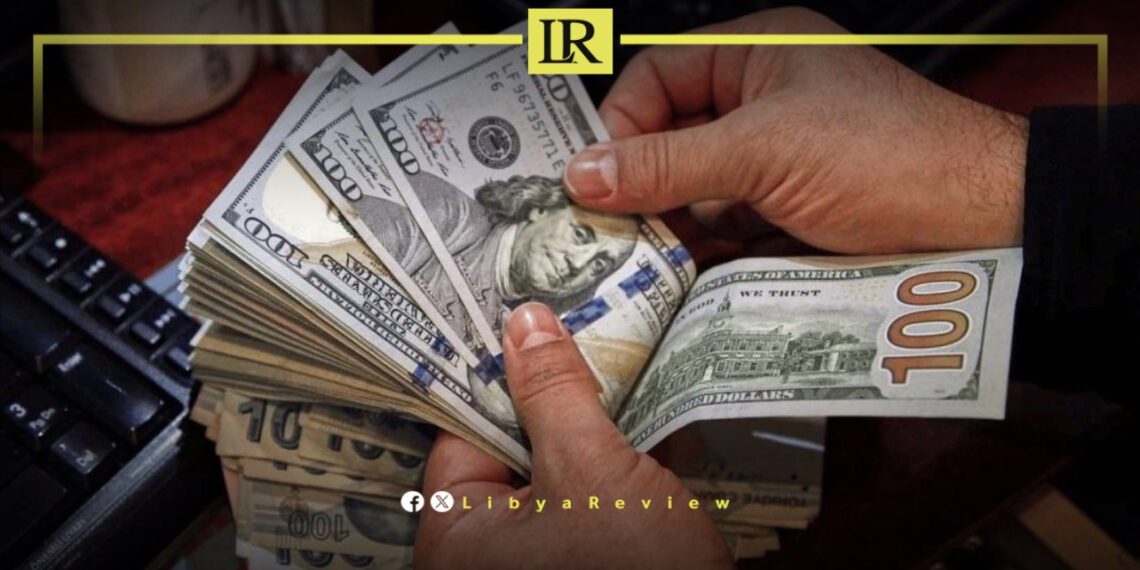On Monday, the Libyan Central Bank (CBL), under the authority appointed by the Presidential Council, suspended the implementation of a controversial tax on the official U.S. dollar exchange rate.
This decision follows a directive issued by the Speaker of the House of Representatives (HoR), Ageela Saleh, through Decision No. 15 of 2024. Initially set to take effect on October 1st, the policy has been postponed indefinitely due to recent judicial rulings.
In a statement released Monday, the Central Bank explained that the suspension was in compliance with court orders that halted the tax’s enforcement. The bank emphasized that the decision aligns with the principles of justice and respect for the rule of law.
The tax proposal had sparked concerns about its potential economic impact, with critics warning it could further strain an already fragile financial system. With inflation rising and Libyans struggling with economic instability, the introduction of a new tax on foreign exchange was expected to put additional pressure on businesses and ordinary citizens alike.
In parallel, the House of Representatives made a significant move by unanimously voting to appoint Al-Naji Muhammad Issa as the new Governor of the Libyan Central Bank, and Marai Muftah Al-Barassi as Deputy Governor.
The appointments were made during a parliamentary session attended by 108 members, signaling a rare display of unity in Libya’s often fractured political environment. The HoR has also mandated that a new board of directors for the Central Bank be formed within the next 10 days.
Libya’s economic troubles are closely tied to its enduring political crisis. Since the fall of Muammar Gaddafi in 2011, the country has been locked in a bitter power struggle, with rival governments claiming legitimacy over the nation’s institutions. The Central Bank, which oversees Libya’s vast oil revenues, has become a focal point in this ongoing conflict.
As new leadership takes charge at the Central Bank, there is cautious optimism that economic policy may shift toward greater stability. Much will depend on how effectively the new governor manages key issues, including currency regulation and the distribution of oil revenues. However, the broader political divisions in the country continue to cast uncertainty over any potential progress.


